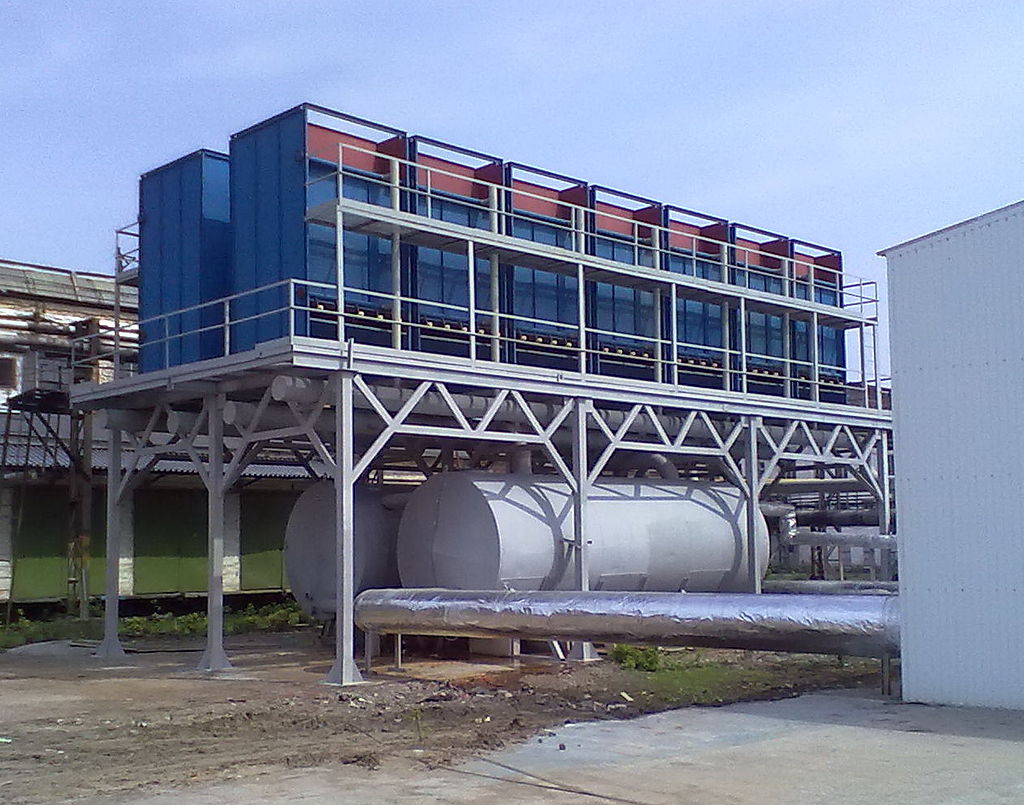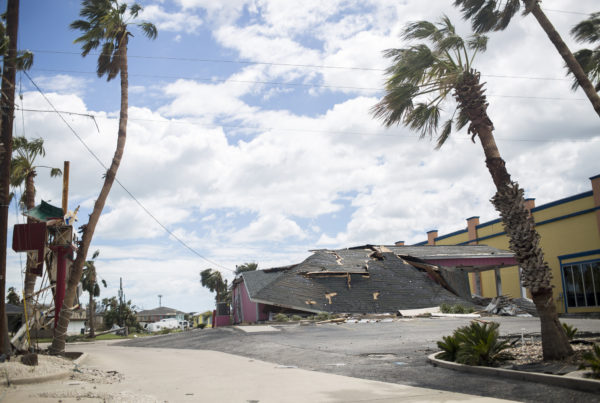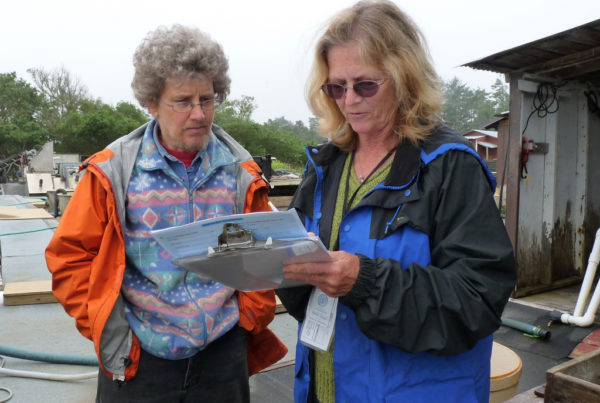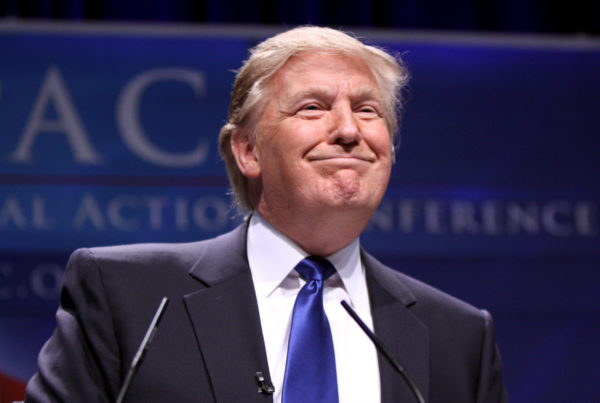We’ve been hearing the word tariffs an awful lot recently, But the conversation about whether and how much started back in March when President Donald Trump announced new duties on steel and aluminum imports – at that time he granted exemptions to some major trading partners, including Canada, Mexico and the European Union, or EU. But late this week, the Trump administration said those countries will face steel and aluminum tariffs of up to 25 percent, in order to protect American national security interests.
Mexico, Canada and the EU do not agree. Canadian Prime Minister Justin Trudeau called the tariffs “totally unacceptable” and “an affront to the longstanding security partnership between Canada and the United States.” Leaders from each country have vowed to respond with tariffs of their own. Where does that leave the U.S.?
Raymond Robertson is professor and chair in economics and government in the Department of International Affairs at the Bush School of Government and Public Service at Texas A&M. He says the Trump administration’s justification for imposing tariffs comes from a provision of the 1962 Trade Expansion Act. It says the president can unilaterally levy duties to protect national security.
“Trump did not have a basis for raising tariffs under other provisions,” Robertson says “so he’s appealing to this one instead.”
Tariffs will affect more than the countries upon which they’re levied, Robertson says.
“I think [tariffs] have the potential to damage the texas economy in a number of ways,” he says. “The main way, of course, is that Texas companies rely on these imports to make the products that they then sell to the United States and the rest of the world. Raising the prices of these inputs makes it difficult for Texas companies to produce and thrive.”
Even if domestic producers benefited from an inability of foreign competitors to undercut U.S. products, Robertson says it isn’t clear that imposing tariffs will have the positive effect on American jobs.
“It would be a lot cheaper for the United States simply just to offer direct employment to those workers who lose their jobs,” he says.
Written by Shelly Brisbin.

















